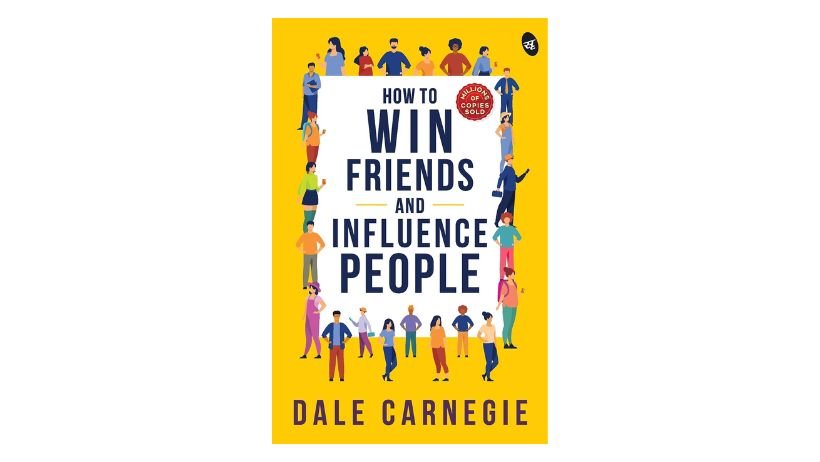Published in 1936, Dale Carnegie’s “How to Win Friends and Influence People” remains a self-help titan, having sold over 30 million copies worldwide. What’s the secret of its enduring success? Carnegie offers practical, actionable advice on navigating the complex landscape of human relationships. In a world increasingly dominated by digital interactions, his focus on genuine connection and empathy feels more relevant than ever.
The Core Principles:
The book hinges on three key pillars:
- Making people like you: Carnegie emphasizes the importance of showing genuine interest in others, remembering names, praising sincerely, and making the other person feel important. He encourages active listening, a skill often neglected in our fast-paced world.
- Winning people to your way of thinking: This doesn’t involve manipulation or coercion. Instead, Carnegie advocates for presenting ideas in a friendly, non-threatening manner, focusing on common ground, and asking thought-provoking questions that lead your audience to reach your desired conclusions themselves.
- Changing people without arousing resentment: Instead of criticizing and condemning, Carnegie suggests offering honest but kind feedback, appealing to nobler motives, and encouraging experimentation. He reminds us that even the most stubborn individuals can be influenced by a gentle, respectful approach.
Beyond the Principles:
While the core principles form the backbone of the book, Carnegie weaves in real-life stories, anecdotes, and quotes to illustrate his points. This engaging writing style makes the book more than just a dry self-help manual; it’s a relatable and often humorous guide to human behavior. He debunks common communication pitfalls, like arguing and interrupting, and offers actionable tips for fostering positive relationships in both personal and professional settings.
Criticisms and Considerations:
“How to Win Friends and Influence People” is not without its critics. Some find its focus on pleasing others excessive, even manipulative. Others argue that its universal applicability is limited by cultural and generational differences. It’s important to approach the book with a critical eye, discerning the timeless wisdom from potentially outdated advice.
The Lasting Impact:
Despite its limitations, “How to Win Friends and Influence People” remains a classic for a reason. Its emphasis on empathy, active listening, and genuine interest in others resonates with readers across generations and cultures. By putting Carnegie’s principles into practice, we can build stronger relationships, improve communication, and become more effective leaders and individuals. In a world that often prioritizes self-promotion and instant gratification, the book’s reminder of the value of human connection is more valuable than ever.
So, whether you’re looking to build your social circle, advance your career, or simply become a more empathetic communicator, Dale Carnegie’s “How to Win Friends and Influence People” offers timeless wisdom worth exploring. Just remember, true friendship and influence are built on a foundation of authenticity, not manipulation. Pick up a copy and, more importantly, the courage to genuinely connect with those around you.



